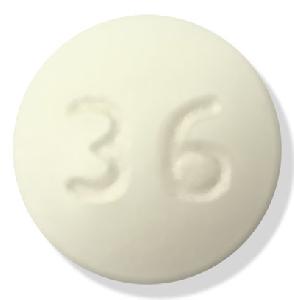Methylphenidate Interactions
There are 207 drugs known to interact with methylphenidate, along with 14 disease interactions, and 4 alcohol/food interactions. Of the total drug interactions, 23 are major, 173 are moderate, and 11 are minor.
- View all 207 medications that may interact with methylphenidate
- View methylphenidate alcohol/food interactions (4)
- View methylphenidate disease interactions (14)
Most frequently checked interactions
View interaction reports for methylphenidate and the medicines listed below.
- Abilify (aripiprazole)
- Adderall (amphetamine / dextroamphetamine)
- Adderall XR (amphetamine / dextroamphetamine)
- Ambien (zolpidem)
- Benadryl (diphenhydramine)
- Claritin (loratadine)
- CoQ10 (ubiquinone)
- Cymbalta (duloxetine)
- Fish Oil (omega-3 polyunsaturated fatty acids)
- Flonase (fluticasone nasal)
- Lamictal (lamotrigine)
- Latuda (lurasidone)
- Lexapro (escitalopram)
- Lyrica (pregabalin)
- Metoprolol Succinate ER (metoprolol)
- Prozac (fluoxetine)
- Seroquel (quetiapine)
- Singulair (montelukast)
- Synthroid (levothyroxine)
- Trintellix (vortioxetine)
- Tylenol (acetaminophen)
- Vitamin B12 (cyanocobalamin)
- Vitamin C (ascorbic acid)
- Vitamin D3 (cholecalciferol)
- Vyvanse (lisdexamfetamine)
- Wellbutrin (bupropion)
- Wellbutrin XL (bupropion)
- Xanax (alprazolam)
- Zoloft (sertraline)
- Zyrtec (cetirizine)
Methylphenidate alcohol/food interactions
There are 4 alcohol/food interactions with methylphenidate.
Methylphenidate disease interactions
There are 14 disease interactions with methylphenidate which include:
- agitation
- cardiac disease
- glaucoma
- hypertension
- psychiatric disorders
- substance abuse
- tics
- hypertension
- seizures disorders
- liver disease
- renal dysfunction
- seizure disorders
- hematologic toxicity
- GI narrowing
More about methylphenidate
- methylphenidate consumer information
- Compare alternatives
- Pricing & coupons
- Reviews (1,082)
- Drug images
- Latest FDA alerts (4)
- Side effects
- Dosage information
- Patient tips
- During pregnancy
- Support group
- Drug class: CNS stimulants
- Breastfeeding
Related treatment guides
Drug Interaction Classification
| Highly clinically significant. Avoid combinations; the risk of the interaction outweighs the benefit. | |
| Moderately clinically significant. Usually avoid combinations; use it only under special circumstances. | |
| Minimally clinically significant. Minimize risk; assess risk and consider an alternative drug, take steps to circumvent the interaction risk and/or institute a monitoring plan. | |
| No interaction information available. |
Further information
Always consult your healthcare provider to ensure the information displayed on this page applies to your personal circumstances.


